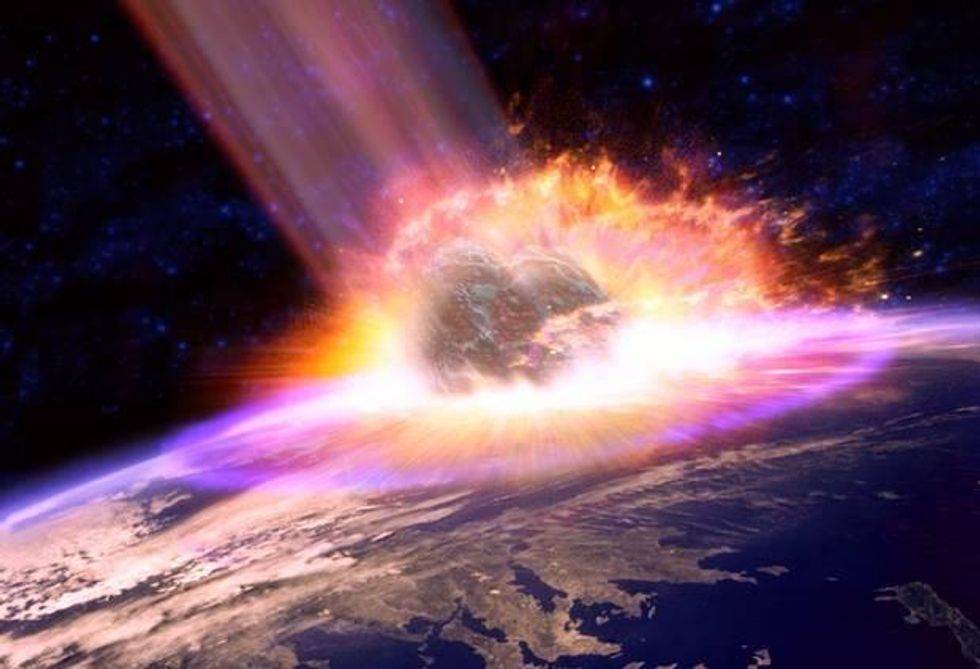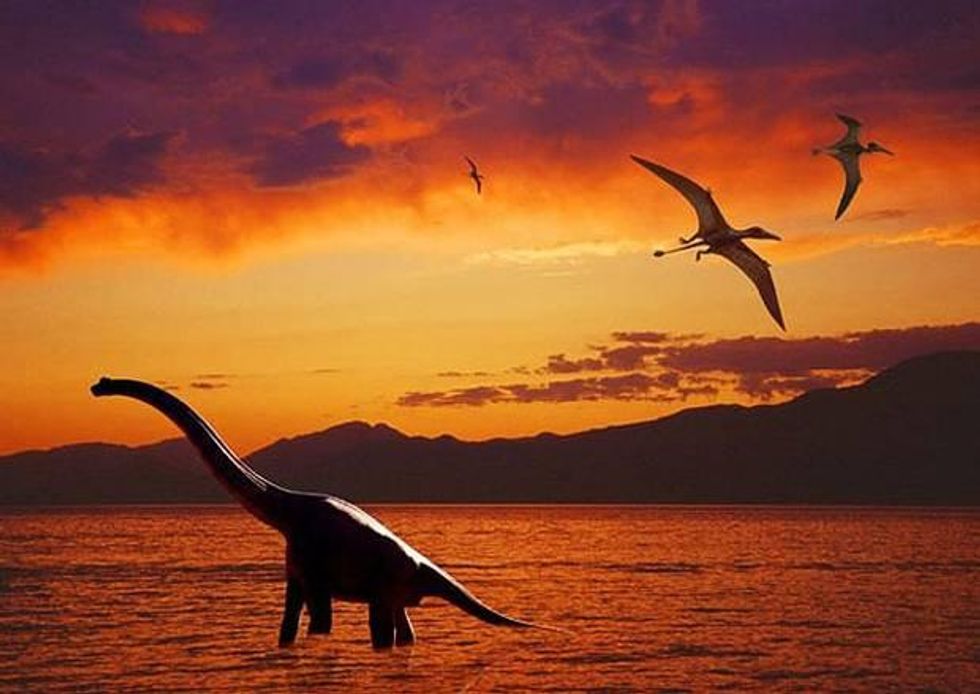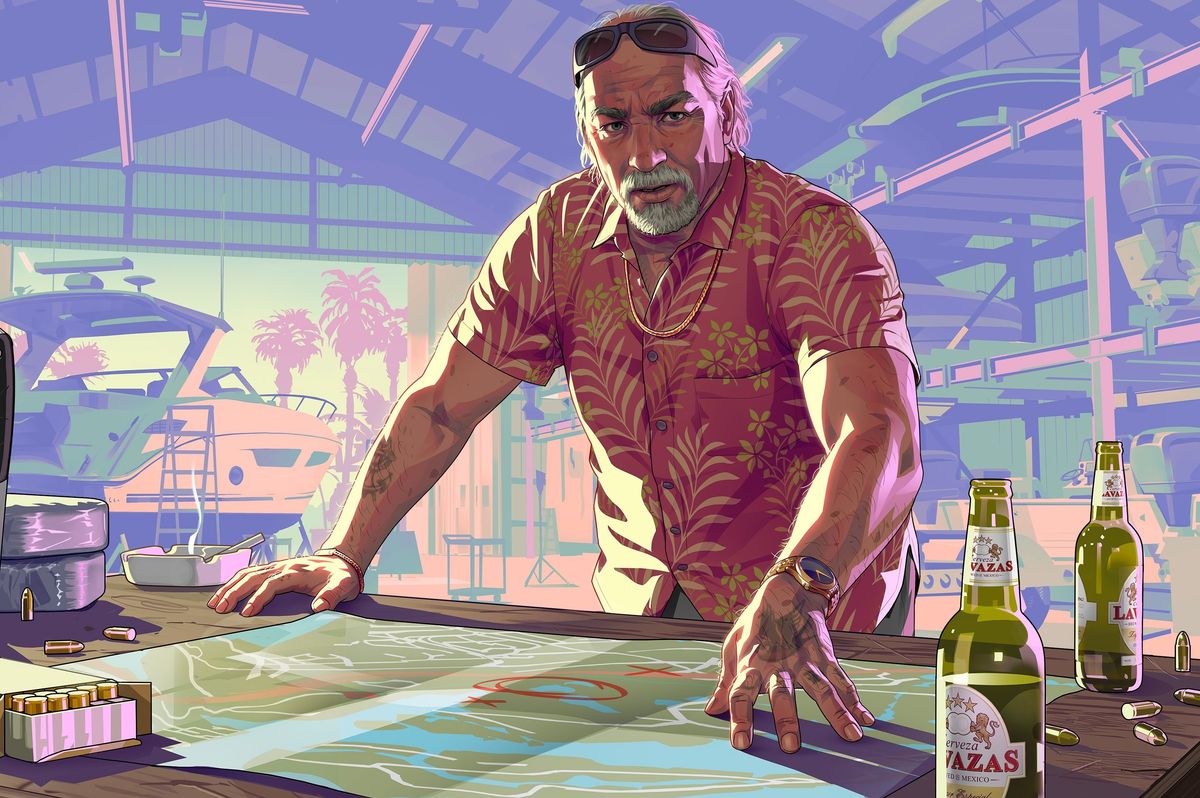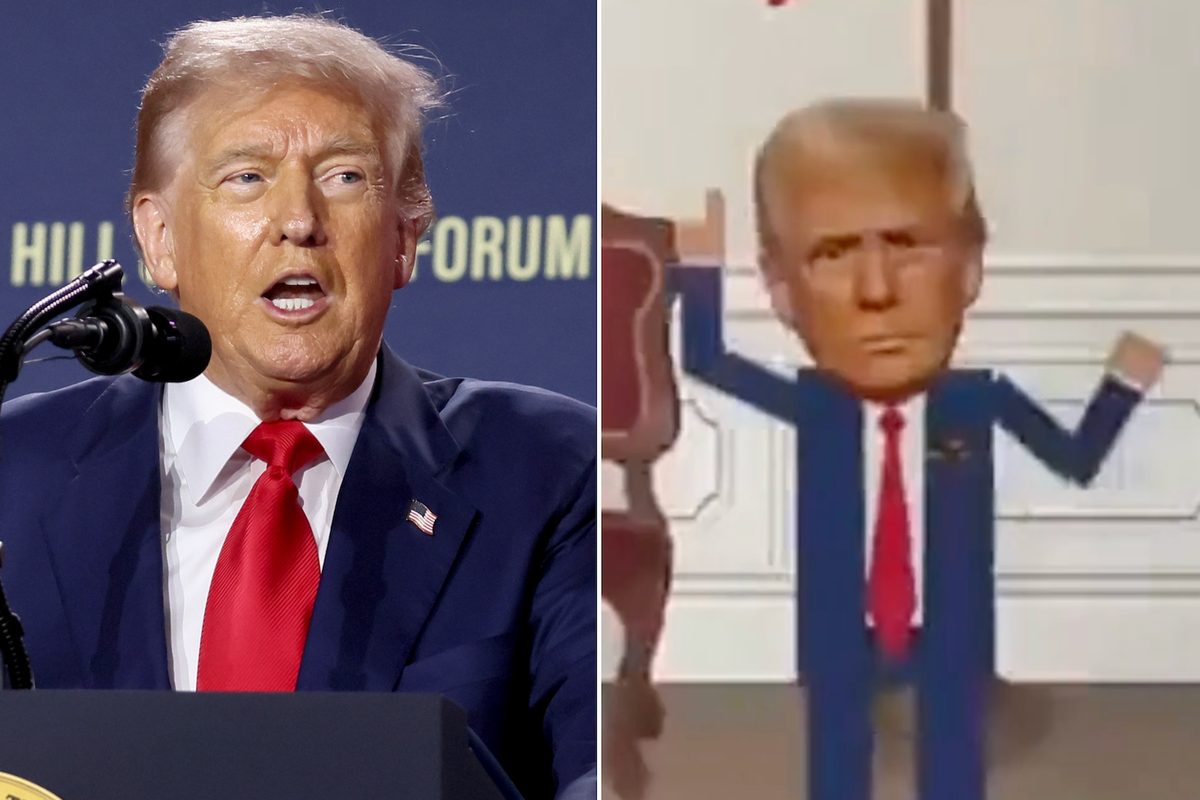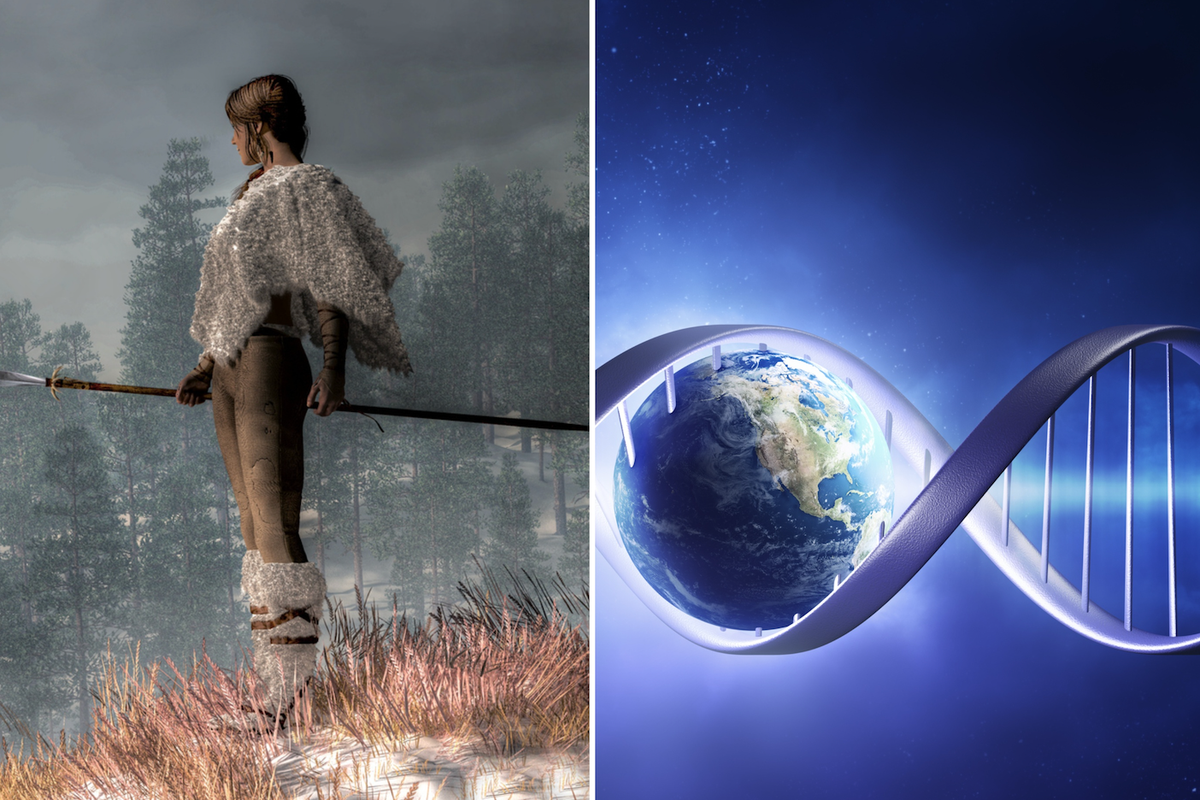Science & Tech
Matthew Champion
Dec 13, 2014
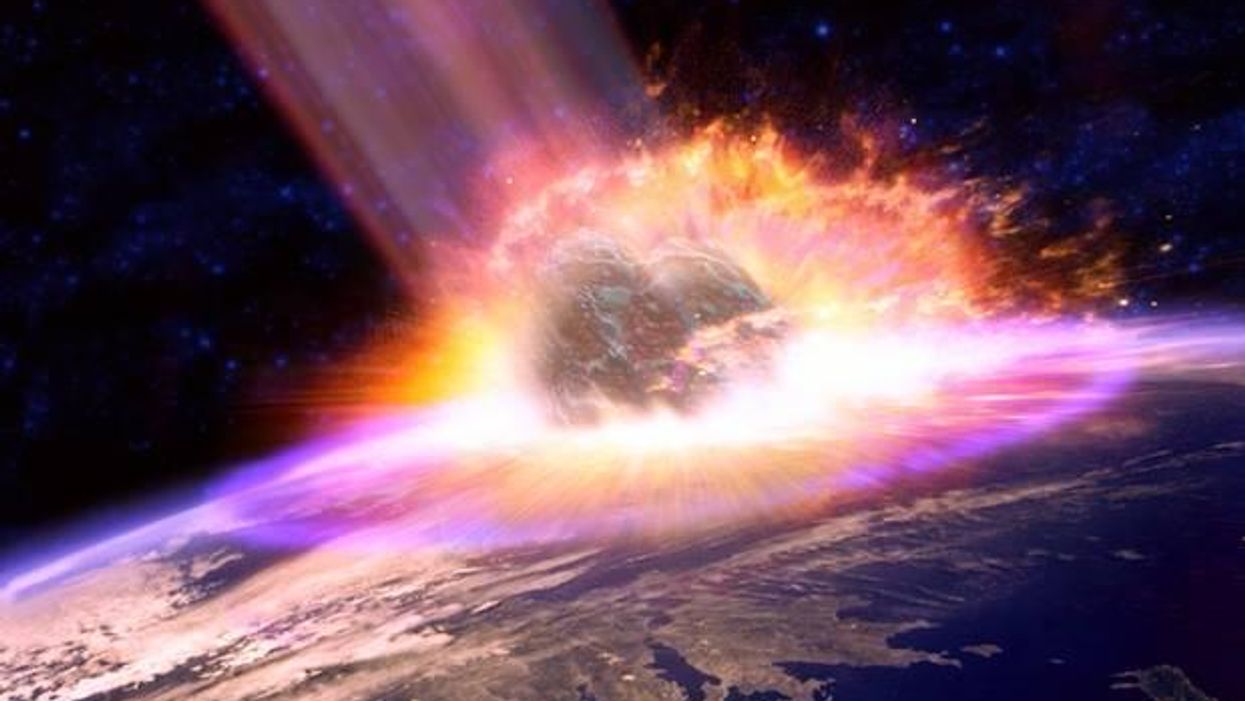
Up until 1980, one of the prevailing theories about the causes of the mass-extinction event that saw the dinosaurs wiped out 65million years ago was massive volcanic eruptions.
But then iridium, an incredibly rare element usually not originating from Earth, was found in Italy and by the early 1990s a prehistoric impact crater - around 66million years old - was located underneath the Yucatan Peninsula in Mexico.
Case closed; a massive asteroid hit Earth, blocked out the Sun and dinosaurs were among 75 per cent of the planet's species to die, and that has been by far the prevailing theory since then.
However, a new study, published in Science, claims that the pre-1980 theory might have actually had something to it.
Scientists at MIT in the US have re-examined the evidence contained at the Deccan Traps, an area of west-central India that holds a record of one of the largest-ever volcanic eruptions on Earth.
They claim that volcanoes there erupted for 250,000 years before the asteroid strike - a geological heartbeat - and 500,000 years after it, all the time spewing poisonous chemicals into the atmosphere and the oceans, not to mention 1.5million square km of lava.
Michael Eddy, a graduate student in MIT's Department of Earth, Atmospheric and Planetary Sciences (EAPS), said: "If models of volatile release are correct, we're talking about something similar to what's happening today: lots of carbon dioxide being emitted into the atmosphere very rapidly.
"Ultimately what that can do is lead to ocean acidification, killing a significant portion of plankton - the base of the food chain. If you wipe them out, then you'd have catastrophic effects."
The new, more precise dates for the volcanic eruptions at the Deccan Traps led the scientists, which also included teams at Princeton University, the University of Lausanne and Amravati University in India, to conclude they played a "significant role" in the extinction of the dinosaurs.
Sam Bowring, the Robert R Shrock Professor of Earth and Planetary Sciences at MIT, added: "I don't think the debate will ever go away.
"The [asteroid] impact may have caused the extinction. But perhaps its effect was enhanced because things were softened up a bit by the eruption of these volcanoes."
More: [A new dinosaur has been discovered and it's really, really big]1
Quiz: [What type of dinosaur are you?]2
Top 100
The Conversation (0)
